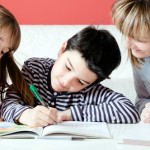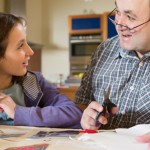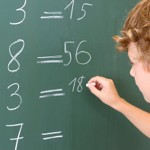Read to Succeed
It’s an old saying but ‘those who read – succeed’ has never been more true.
Reading from a young age is about much more than just getting through a story- below is a list of the benefits regular readers see:
- Reading speed improves and as this improves so does enjoyment so naturally children read more.
- Vocabulary develops much more swiftly and to a greater extent. By the end of year six regular readers will have a vocabulary that will be well over a thousand words larger than those who do not read regularly.
- Improved knowledge of grammar and punctuation. Regular exposure delivers benefits.
- Improved spelling ability. They will see words spelt correctly with greater frequency and so they learn the spelling without it being an overt activity.
- Improved ability with related activities such as comprehension where they score highly.
- Improved comprehension ability transfers to improved ability in all written tests including maths test where they deal with worded problems.
- Improved reading speed means more time to spend answering questions.
- Improved reading ability means they perform better in all written tests whether these are English written tests, or an answer to a geography question. Later in the education most subjects require essays or extended written answers and those with better writing skills naturally do better.
The magic of reading is that most of these benefits come from doing something children enjoy
What does a successful ‘read’ to succeed – process look like?
Successful reading at home is normally characterised by the following:
- Whatever reading the school asks you to do is done.
- Many children have a book of their own also on the go- this is viewed as reading for enjoyment and is often more advanced than the school book because many school reading programmes move slowly but surely)
- Younger children will have lots of parental assistance – they will be read to, parents will listen to them read, they will discuss what’s happening in a fun way, new words will be identified and personal words lists will be used.
- Parents will be relaxed about their child’s reading and recognise anything that gets them to turn the page voraciously is probably good at this stage.
- Parents will be relaxed with those non-fiction books (sometimes children loathe fiction and the only thing that interests them is non-fiction- anything that gets them reading and holds their interest is good).
- Parents will be relaxed with children re-reading favourite books or sections. At a young age children get the gist of stories but often want to re-read them to ensure they get more to get exited again about a part of the story they have enjoyed. This is a natural process and there’s nothing wrong with it.
- Once a child is reading by themselves they should be reading for at least half an hour every day. Ideally children will also have the chance to do two sessions of paired reading with their parents each week as well. If they also use the reading process to identify 20 new words each week and use a personal list then they will be set for success.






